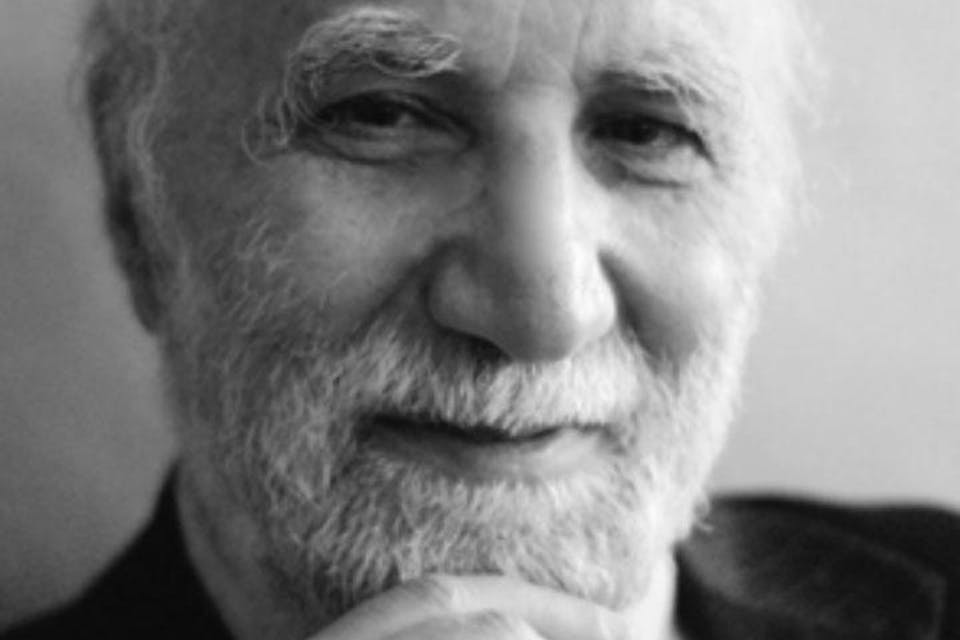
June 26, 2014
Mourning Fouad Ajami
Nobody could match him as an interpreter of the Arab Middle East—or as a deft and witty scourge of his academic opponents.
From a Shiite village in southern Lebanon, the young Fouad Ajami, who died early this week at age sixty-eight, emigrated to the United States, earning a BA from Eastern Oregon College and a PhD from the University of Washington. A career in political science at Princeton and the Johns Hopkins School of Advanced International Studies quickly blossomed into a role as one of the most significant observers of the Middle East in an era of increasingly intense and highly controversial American involvement in that region’s affairs. Ajami bucked the academic consensus by ascribing indigenous causes to the violence and authoritarianism that plague the Arab world. Unlike his academic colleagues in America, and unlike Arab nationalists in the Middle East, he never blamed imperialism or Zionism for the furies (to borrow an Ajami-esque word) that bedevil his birthplace. What is more, he supported a muscular American foreign policy, including George W. Bush’s war in Iraq.
In the past days, others have written eloquently of his achievements. Here, as one who respects those achievements greatly but who especially admired Ajami’s independent spirit, his wit, his sense of humor, his courage, and his cultivation, I’d like to add a few thoughts about what he meant to me personally, and about his style.
Although we weren’t close—“acquaintances” would probably be the right word—I can’t remember a time when the death of an acquaintance has shaken me so deeply. After his departure, I notice things that I was not aware of when he was among us. I realize, for example, that I’ve read everything he wrote. For me, his greatest book will always be his first, The Arab Predicament (1981), which investigated the dilemmas of the Arabs from inside their culture—with sensitivity, empathy, and authority, and without so much as a hint of the apologetic demeanor that infects the academic field of Middle East studies. His Foreign Affairs article, “The End of Pan-Arabism,” now largely forgotten, was similarly path-breaking when it appeared in the late 1970s.